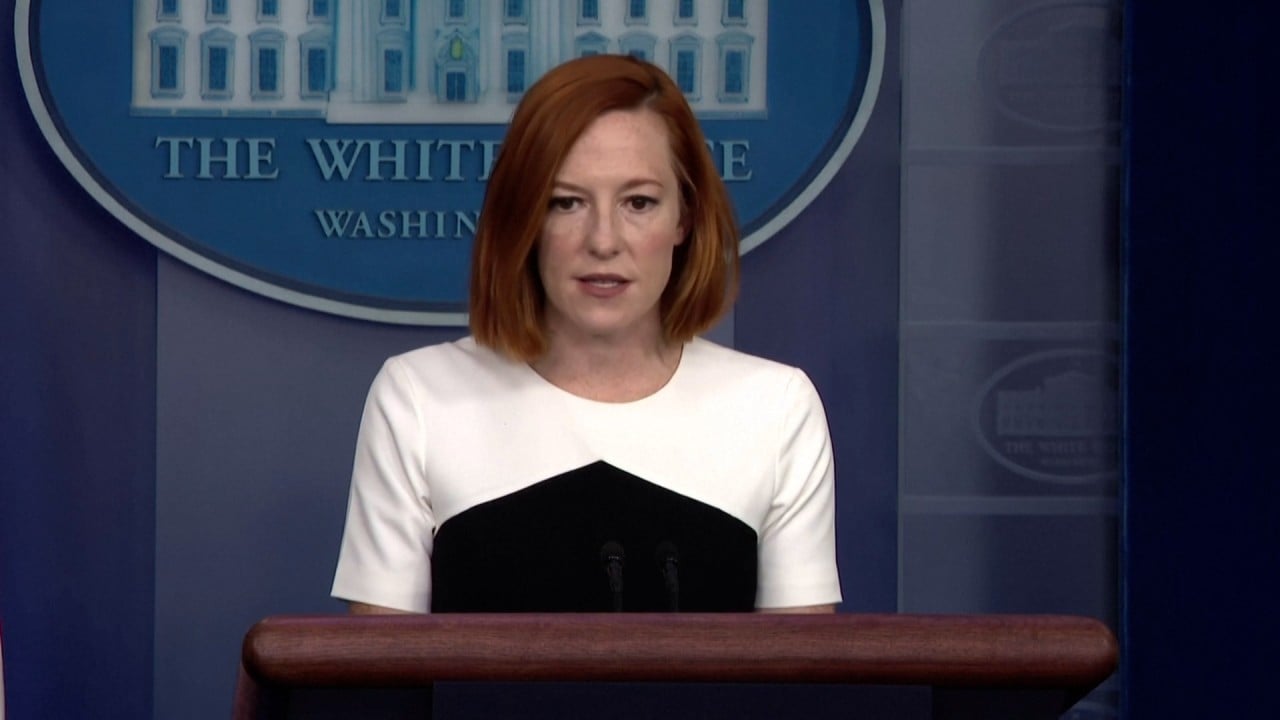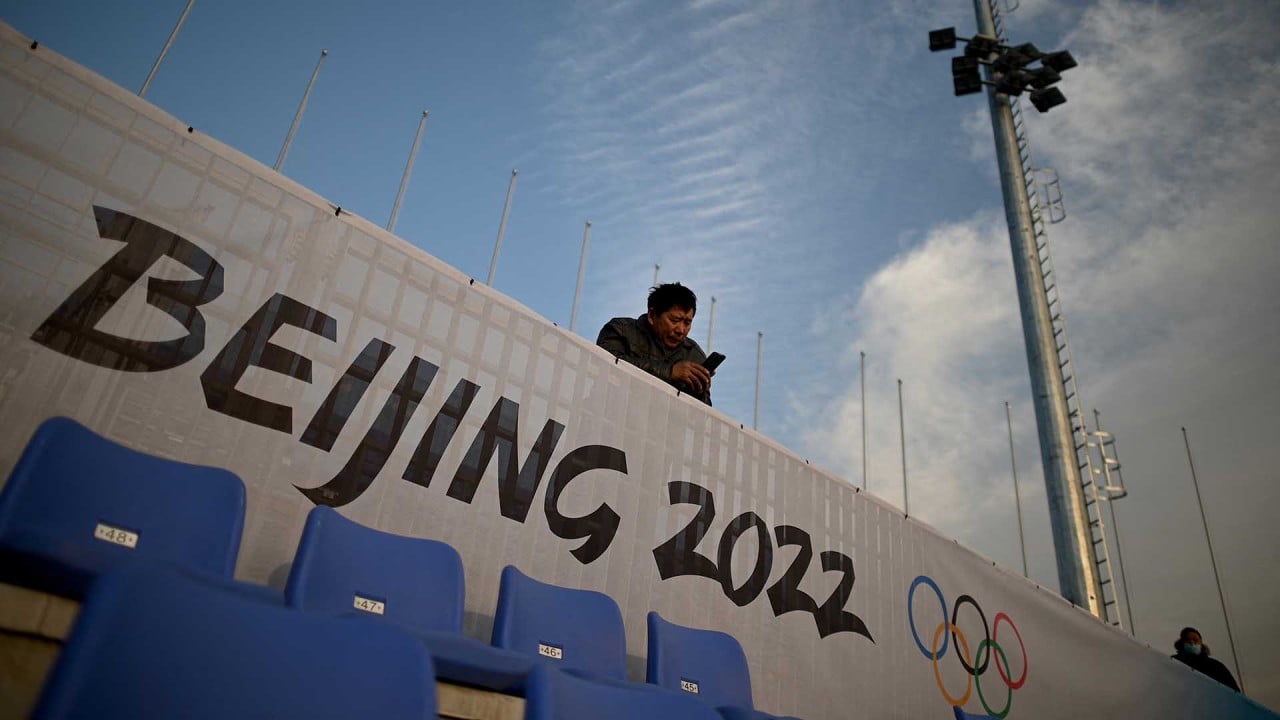
Exclusive | US applies to China for 18 officials to attend Winter Olympics after Joe Biden declares diplomatic boycott
- US government applies for three-month visas for 18 personnel to provide ‘security support operations’ at Beijing Games
- Chinese and American governments have very different definitions of a diplomatic boycott, says source
The US government recently submitted to China an application for three-month visas with a list of 18 names to attend the Games to provide “security support operations”, according to two sources and a document reviewed by the South China Morning Post.
Of the 18 names on the list, 15 of the US personnel work for the State Department and one works for the Pentagon, said a source who requested anonymity. Most appear to be mid to lower ranking officials. The US indicated to Chinese officials it might submit applications for 40 more officials in the coming months.
It is not clear whether China will issue visas to the US officials, but a person briefed on the situation said the two governments had very different definitions of a diplomatic boycott.
Beijing considers a trip by 18 US officials as defeating the purpose of a boycott against the Games. Washington believes the listed people are not official representatives but rather will attend the Games for security and medical support.
What does US boycott of Winter Olympics mean, and will it achieve anything?
A US State Department spokesperson reiterated in an email response that the US would not have official representation to the Games.
The US Olympic and Paralympic Committee chief executive Sarah Hirshland said this month the US would send about 230 athletes to the Olympics and 65 athletes to the Paralympic Games in Beijing.
Hirshland said the USOPC was briefing the delegation on China’s rules and regulations and that the committee had “a very high degree of confidence in the safety and security plans that are put in place” for American Olympians in China.
Japan will not send senior officials to Beijing Winter Olympics
Jurgen Mittag, a sports policy expert at the German Sport University Cologne, said politics and human rights concerns had inevitably become intertwined with major sporting events in recent years. But he believes lower-ranking officials sent by participating countries “would be primarily considered as technical support – not as a political act”.
Mittag said: “It is striking that in the last five-10 years …. human rights or equality have become increasingly important in sociopolitical debates. Since major sporting events offer a global stage for political debates, corresponding demands are also represented here.”



